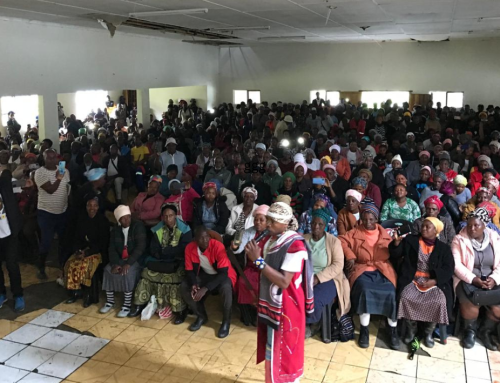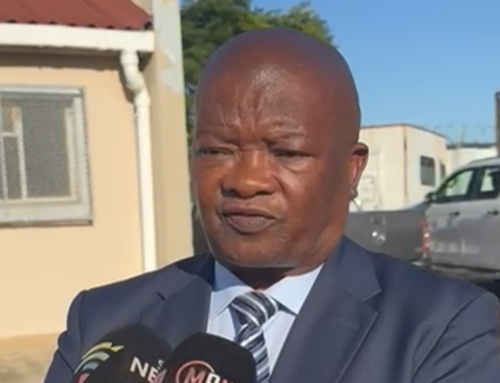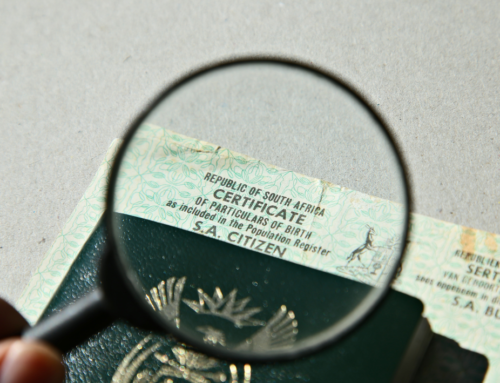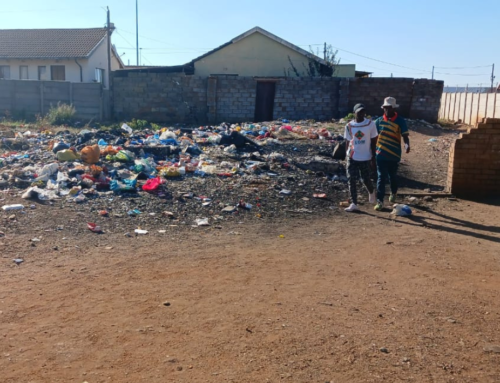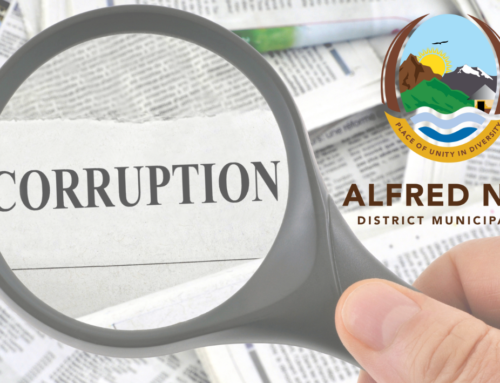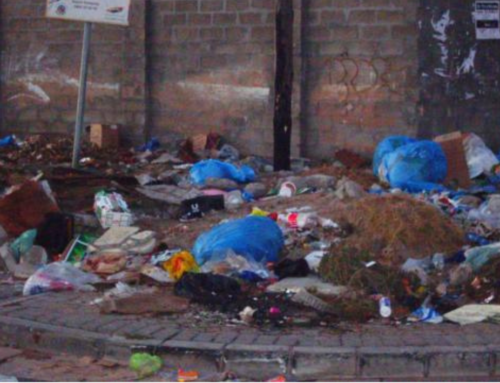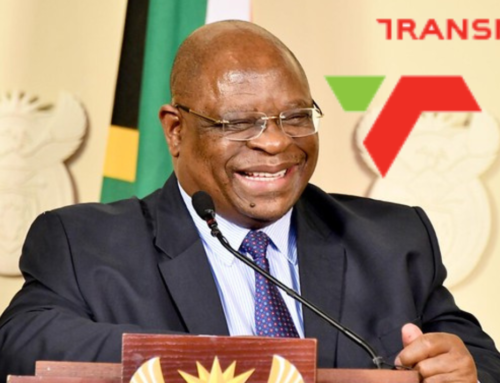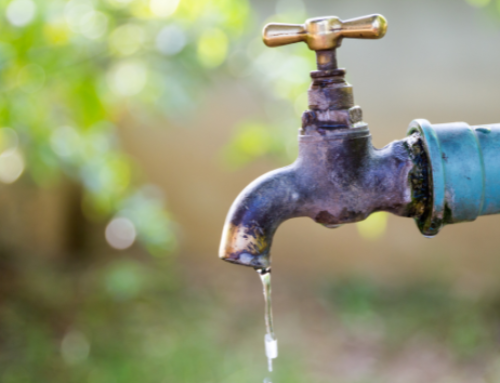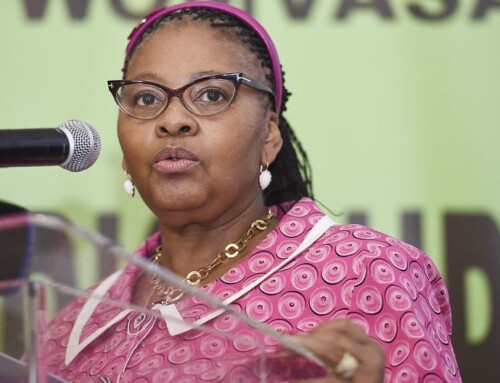 The United Democratic Movement (UDM) welcomes the announcements President Cyril Ramaphosa made on government’s plans to temper the impact of the Coronavirus pandemic on South African’s lives and stimulate the economy. With this R500 billion stimulus package the government is falling in step with governments around the world, which have embarked on massive fiscal stimulus packages and expansionary monetary policies to counter the negative impact of the Coronavirus on their economies.
The United Democratic Movement (UDM) welcomes the announcements President Cyril Ramaphosa made on government’s plans to temper the impact of the Coronavirus pandemic on South African’s lives and stimulate the economy. With this R500 billion stimulus package the government is falling in step with governments around the world, which have embarked on massive fiscal stimulus packages and expansionary monetary policies to counter the negative impact of the Coronavirus on their economies.
This is directly in line with the UDM’s long-standing policy that: “Government Must Do More” and get back to the original agenda of addressing the backlogs and imbalances of the past and high levels of inequality in South Africa.
We are pleased that SMMEs and the informal sector have been targeted for assistance and growth, and that mention was made of salary and job protection, as well as extended social grants.
As is the case in America with the Federal Reserve Bank, we are of the view that the South African Reserve Bank has a critical role to play in providing a pay-cheque protection liquidity facility, and other facilities, to commercial banks so that they can provide loans to small businesses to maintain their payroll during this difficult time. Banks would then provide monthly updates to the Reserve Bank about the number and value of the facilities extended for this purpose.
We are of the view that the South African Reserve Bank should introduce similar facilities to commercial banks in order for them to use these facilities for targeted sectors of the economy, as part of the Reserve Bank’s broader “Coronavirus Pandemic Response Programme”.
We also believe that there is scope for the central bank to further reduce the interest rate as a way to stimulate the economy.
Furthermore, the jobless benefit should also cover freelancers and those who work in the informal sector. In particular, the UDM feels that Unemployment Insurance Fund (UIF) pay-outs should be handled on a sectoral level and that employers should apply for these pay-outs on behalf of individual employees rather than individual applications clogging up the system.
There should also be a three-month moratorium on bond, car and other loan payments, as these are still left to the discretion of commercial banks which are sometimes reluctant to give loan recipients a breather because they use payment profiles and credit records to make their decisions. In the same vein to the UIF scenario, it would make more sense to do this to avoid clogs in the system and people standing in endless queues outside banks in contravention of the stay-at-home regulations and putting themselves in danger of contracting the Coronavirus.
A stay on bank account closures and bank fees, due to bad bank account conduct and returned debit orders, is needed.
We also think that life insurers should be brought on board to create breathing space for policy holders, by allowing a three-month payment holiday.
Once all these relief measures are put in place, and in view of the fact that taxpayers who donate to the Solidarity Fund will be able to claim up to an additional ten percent as a deduction from their taxable income, South Africans will be in a position to contribute to the Solidarity Fund. A call should also be made to all sectors of society, celebrities and private businesses and other arms of the state which have not made a public declaration on contributions, to lead by example, and contribute to the Solidarity Fund.
Government must also immediately settle the R7 billion debt owed to its small and medium enterprise service providers, which, beside it being the right thing to do, will serve as a lifeline and important stimulus package for SMMEs.
Localisation of our economy is paramount. In light of the Coronavirus crisis we should ensure that during this time all protective equipment is produced and sourced locally. This could be a magnificent project to create jobs in the informal sector and in rural areas, for women in particular. This strategy should be continued post-Coronavirus and our manufacturing industry should be brought up to scratch so that South Africa is less dependent on imported goods and we should not be a dumping ground for other countries.
In principle, we support the economic stimulus package as it is good on paper and it is in line with our social democratic values of equality and solidarity as the plan seeks to ensure that our country’s resources are arranged to the greatest benefit of the most vulnerable and the poorest of the poor.
The UDM, however, strongly believes that if government had recouped the R500 billion stolen during state capture, South Africa would not have had to stand in the queue for loans from the World Bank, International Monetary Fund, BRICS New Development Bank and the African Development Bank.
In addition, we are sceptical of government’s political will and ability to manage South Africa’s finances under the current circumstances. The reason being that, given for instance state capture, it does not have a proven track-record and also, given the extraordinary circumstances created by the Coronavirus pandemic, there are not sufficient checks and balances in place to monitor government’s income and spending. Just now we will need a Coronavirus Commission of Inquiry, post the crisis, which we cannot afford. Time will tell.
Issued by:
Mr Bantu Holomisa
UDM President



